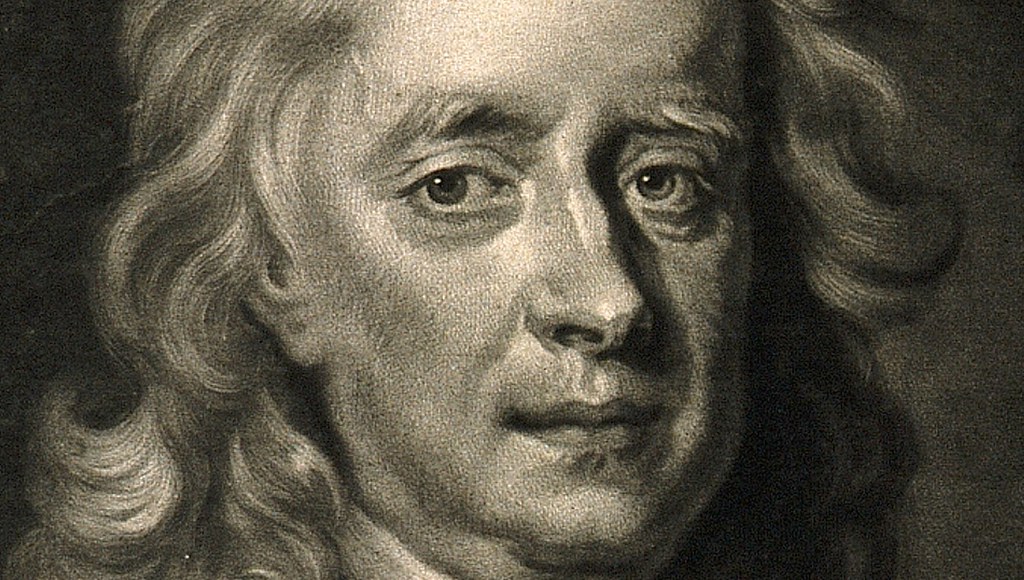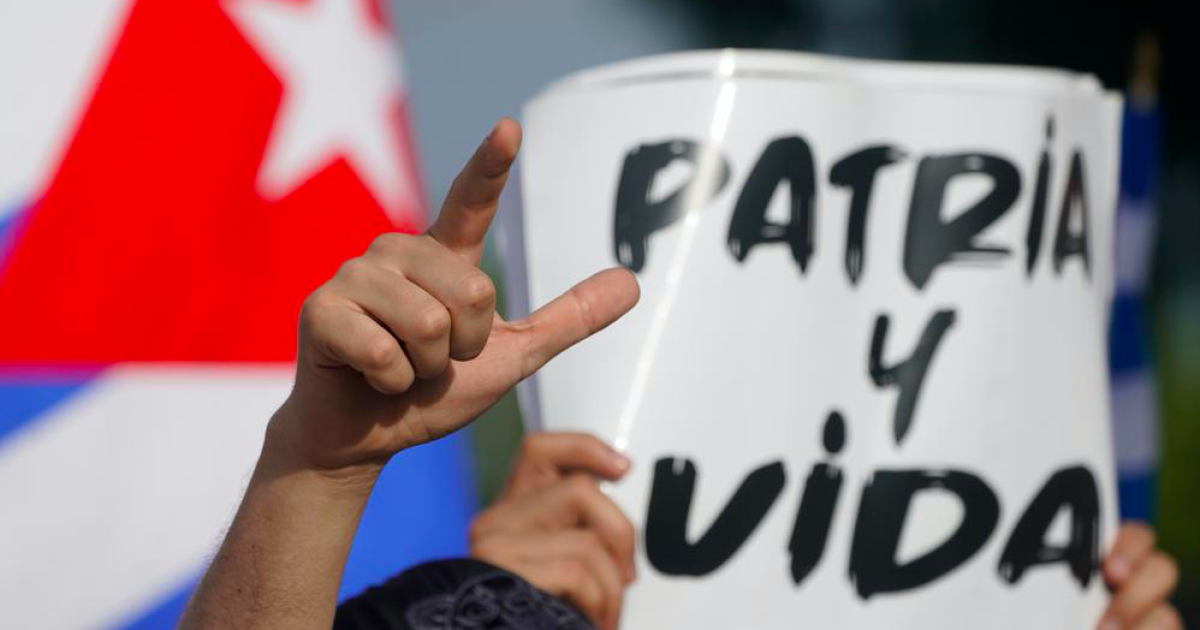The Brazilian Supreme Court has ruled that the mechanism of patent term extension is unconstitutional, citing a paper co-written by PhD student in the Department of International Development, Eduardo Mercadante. Today marks the 25th anniversary of the patent law being modified.
Exactly 25 years ago to this date, the Industrial Property Law (nº 9,279) was promulgated in Brazil, introducing a mechanism of patent term extension without parallel in the world. In every country that belongs to the World Trade Organisation, patents that are granted will be valid for 20 years from filing. In Brazil, a special mechanism of compensation for the Patent Office’s delay in examining the patent applications extended their term by guaranteeing they would be valid for at least 10 years from grant. This means that if it takes the Office more than 10 years to grant patents, the total term will be longer than 20 years. Designed as an exception, it became the rule, which led to its constitutionality being questioned before the Supreme Court.
The Master’s dissertation and other papers written by the PhD Candidate in the Department of International Development, Eduardo Mercadante, directly contributed to the Brazilian Supreme Court’s ruling that this disposition is unconstitutional. The pharmaceutical industry was a key element in this discussion, especially given the dimension of the crisis in Brazil generated by the COVID-19 pandemic. Mercadante’s dissertation showed that the Brazilian Patent Office takes, on average, 13 years to grant pharmaceutical patents. Moreover, it found that 92.2% of its patents were granted with three and a half years of extension, on average.
The Brazilian extension clause was deemed unconstitutional because it was automatic, limitless, and could be triggered by the applicant, which makes it the strongest extension clause of any country in the world. The Court ruled that the competition and society, as consumers, could not be punished by the administration’s fault in having a slow prosecution. The justices explicitly denounced evergreening strategies, pipeline patents and even marketing strategies to shape the public opinion about the trial with ad terrorem arguments.
Another important element was the Court’s strong criticism of the Brazilian Patent Office’s examination capacity, especially in relation to the low number of examiners to deal with the impressive backlog: 459 pending applications per examiner. Many studies showed that revoking this clause would impact government spending in billions of dollars and reduce the hurdles faced by the generic industry. One study from the Federal University of Rio de Janeiro, co-written by Mercadante, was cited many times in the trial. The study estimated that ending the extension on just nine drugs could reduce the government’s spending in almost USD 1 billion (56%) in the respective extension periods. These savings represent 1.1% of the Unified Health System’s budget per year.
As a result of the decision, all pharmaceutical patents that were granted with an extension will lose the additional time, and no other pharmaceutical patent can be granted with an extension. It is estimated that something around 3,500 pharmaceutical patents will have their term reduced to the standard 20 years from grant. This decision may have an unprecedented impact in access to drugs, since it will reduce the exclusivity period for over 60 drugs, allowing for generics to be launched years in advance. As shown in Mercadante’s paper, generics can reach a 99% reduction on the price of the branded drug. Therefore, the Brazilian Supreme Court ruling will have a historic impact in strengthening a developing country’s capacity to deal with public health issues.
Although pharmaceuticals were at the centre of the discussion, the decision has general effects. For all other technological sectors, no other patent will be granted with more than 20 years of term but without retroactive effects. This means that the roughly 27,500 patents granted with extension in other sectors will keep it. However, this extra period should not be significant for many industries due to reduced product life cycle.
Eduardo Mercadante was interviewed by STAT on this decision. Here is a link to the paper (in Portuguese) and another article (in Portuguese) submitted to the Supreme Court, and a previous discussion of these issues on the ID Blog.
The views expressed in this post are those of the author and in no way reflect those of the International Development LSE blog or the London School of Economics and Political Science.





